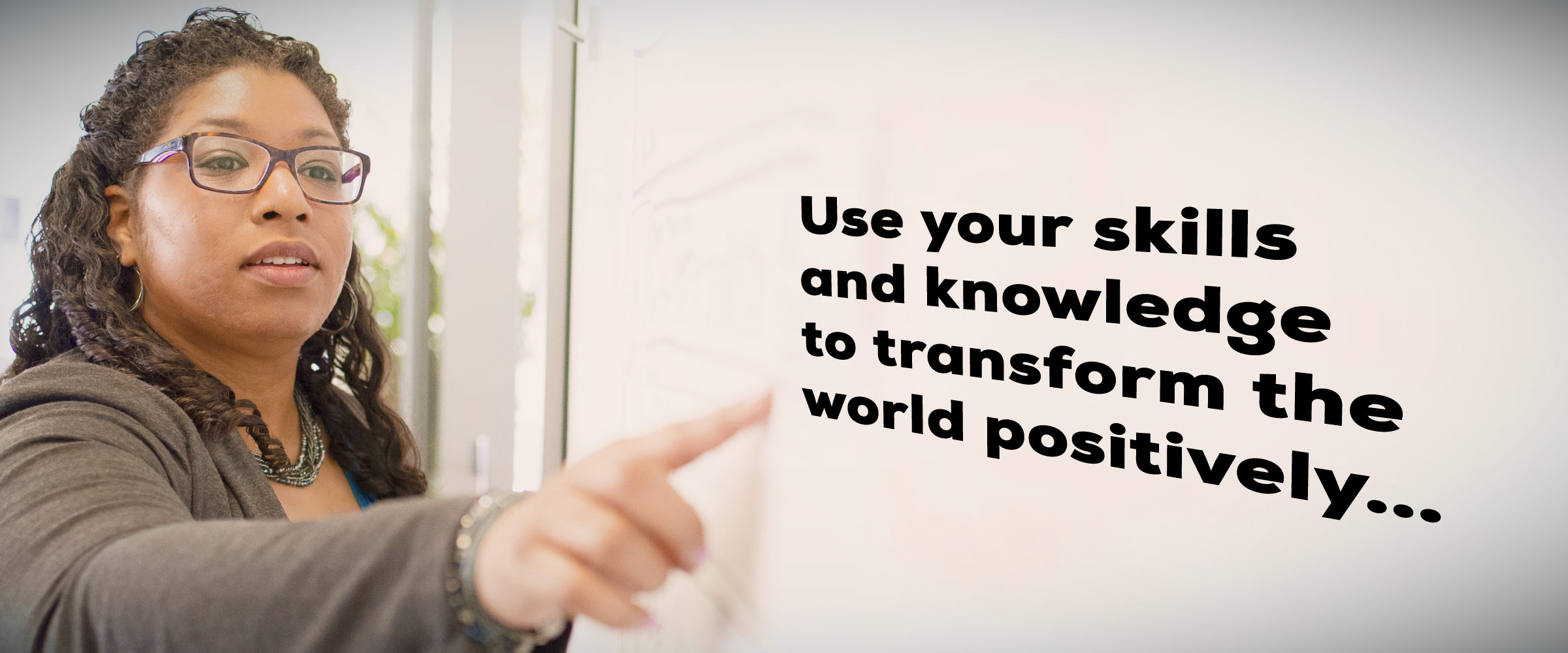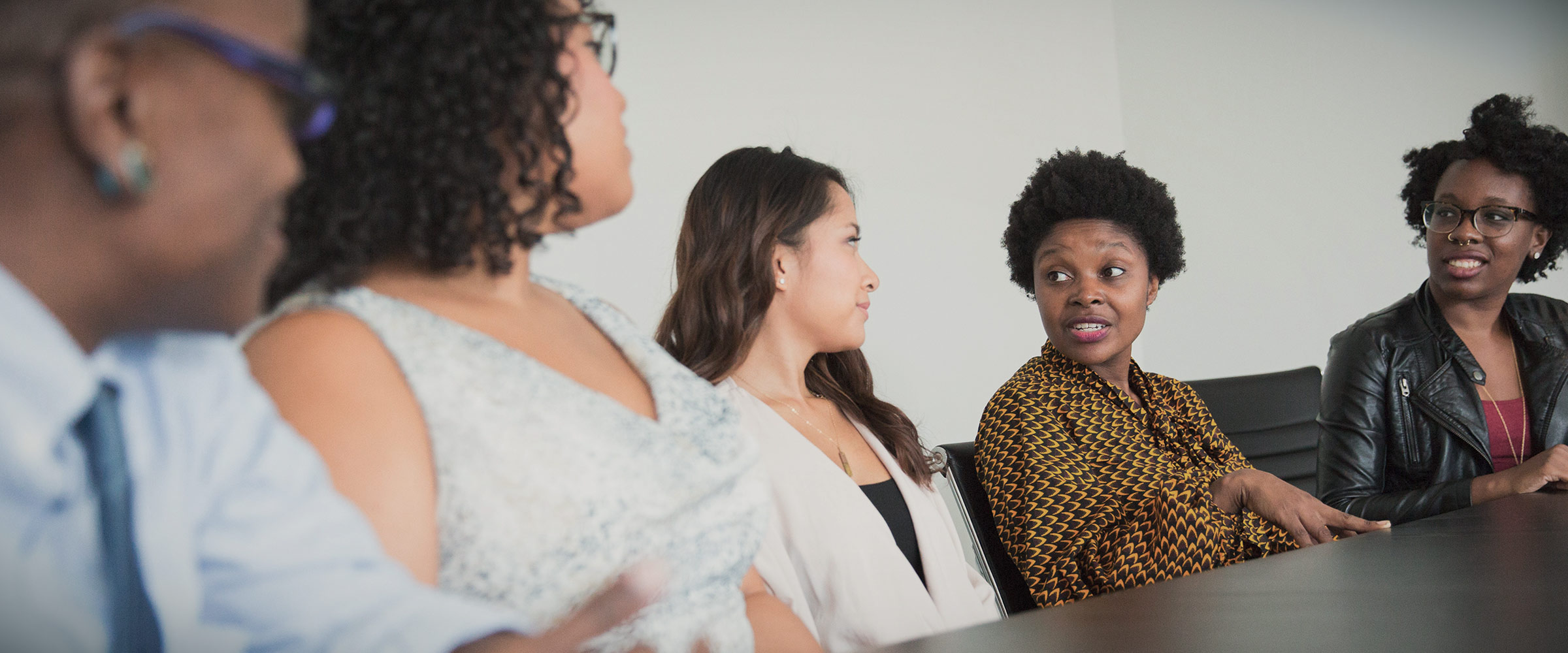 We reached out to Dr. Torres in January 2019 about doing a guest blog for STS. She’s a champion of all students, dedicated to addressing racial, gender, and disability inequity in science. Dr. Torres teaches at Nebraska Wesleyan University, where she is a team member for two undergraduate science initiatives dedicated to the academic success of underrepresented students – the Louis Stokes Alliance for Minority Participation (LSAMP) Program and the S-STEM Program.
We reached out to Dr. Torres in January 2019 about doing a guest blog for STS. She’s a champion of all students, dedicated to addressing racial, gender, and disability inequity in science. Dr. Torres teaches at Nebraska Wesleyan University, where she is a team member for two undergraduate science initiatives dedicated to the academic success of underrepresented students – the Louis Stokes Alliance for Minority Participation (LSAMP) Program and the S-STEM Program.
We’re so grateful for this post on creating a STEM familia, and we hope it empowers you to find your STEM family. You can follow her on Twitter @LisetteETorres3, and be sure to check out her full bio below. Thank you, Dr. Torres!
With two other lovely women of color (Dr. Angela McKinney and Assistant Dean Candice Howell), I have had the honor of running the Louis Stokes Alliance for Minority Participation (LSAMP) Program at my institution, Nebraska Wesleyan University. LSAMP is an NSF-funded initiative to recruit and retain students of color in science, technology, engineering, and mathematics (STEM) disciplines, and it has been a successful program at my institution for the past 7 ½ years. We can boast that we have a 91% retention rate, which is higher than the rest of campus (84%), and an average GPA of 3.30. Our graduates are in medical and dental schools, graduate programs, and industry positions across the country. Most importantly, however, is the fact that our students say that they feel like they are part of a family. This feeling of familial inclusion is the key.
…our students say that they feel like they are part of a family.
When asked how we have achieved so much success, I provide folks a not-so-satisfying response – by creating a loving, supportive community. Yes, it sounds logical and straightforward, but it is tricky to do when there are so many oppressive structural barriers (i.e., white supremacy, heterosexism, patriarchy, ableism) and threats to the academic success and emotional and psychological wellbeing of our students. Most of our youth are unaware of the challenges they will be facing as young adults who are-and-always-will-be racialized/gendered/etc. I consider it my job as a member of our LSAMP Team to prepare them by having them reflect on their multiple social identities and issues of social justice in STEM. I also teach our students about their responsibility to use their skills and knowledge to transform the world positively. I do this by providing them with workshops, readings, and honest conversations grounded in academic literature. I also commit myself to constant reflection and life-long education about the needs and concerns of our young adults.

Because of our personal and emotional investment in the success of our students, my LSAMP Team (my work familia) and I hold high expectations of our students. For example, I make sure to call them LSAMP Scholars and remind them that they, too, are generators of knowledge and responsible for using that knowledge wisely.
My team and I track and follow up on their progress, and we meet with them individually at least once per semester to have private conversations with them about how they are doing academically and socially (we lovingly refer to it as “intrusive advising”). At the same time, we provide as much support as possible, including paying for tutors and asking upper-level students to mentor first-years. Our students know that they can email, call, text, or visit with us any time they have a question, concern, or need to talk. They also know that we would gladly go to bat for them.

Ultimately, we are intentional about creating a loving and supportive space on-campus for our LSAMP students. We start by holding an annual summer transition program for first-year students, where we welcome them to school, provide them with academic workshops, and introduce them to some faculty members, staff, and upper-level students, who serve as their peer mentors. During the rest of the academic year, we meet with them as a group once per month over a free dinner. We do a check-in to see how they are feeling, and we engage with them using radical honesty. My work family and I take the time to get to know them; we appreciate and love them for who they are and what they bring to the program, the university, and the world.
In the same way, we embrace the whole student; we also allow them to see us in all our authentic, flawed humanness. Our scholars get to know our partners, children, and extended family members. We celebrate their joys and accomplishments; we guide and console them in their struggles and losses. We are familia.

So, what does this all mean for inclusion in STEM? Like Dr. Shaun Harper, Director of the USC Race and Equity Center, stated in a keynote presentation for the CRSEA 2019 Conference, it means that we will never have racial equity (or any other type of social justice) “until we do right by students of color,” until we address their needs and concerns, until we love them as our own.
Questions or comments on this post?
Let us know!






